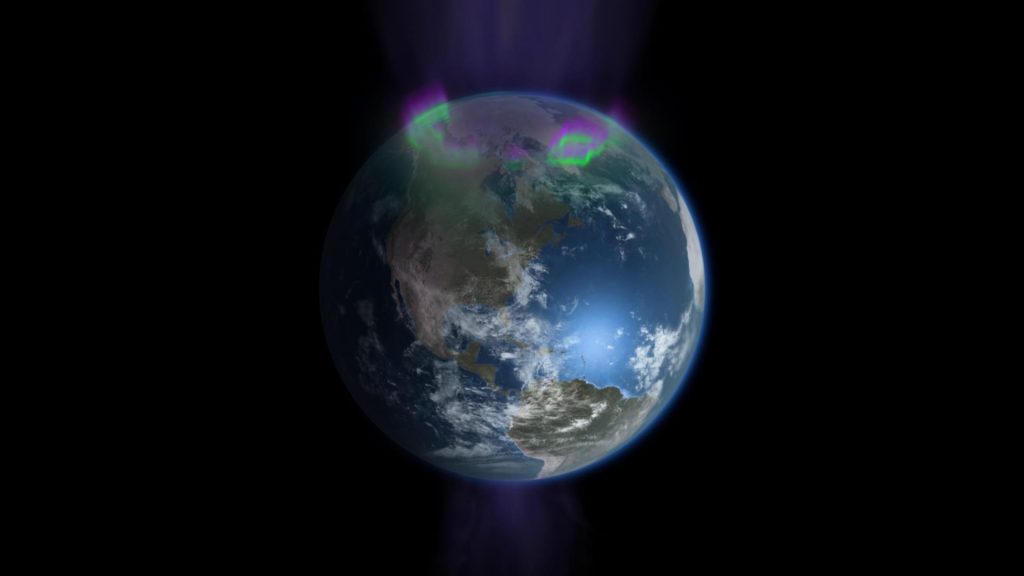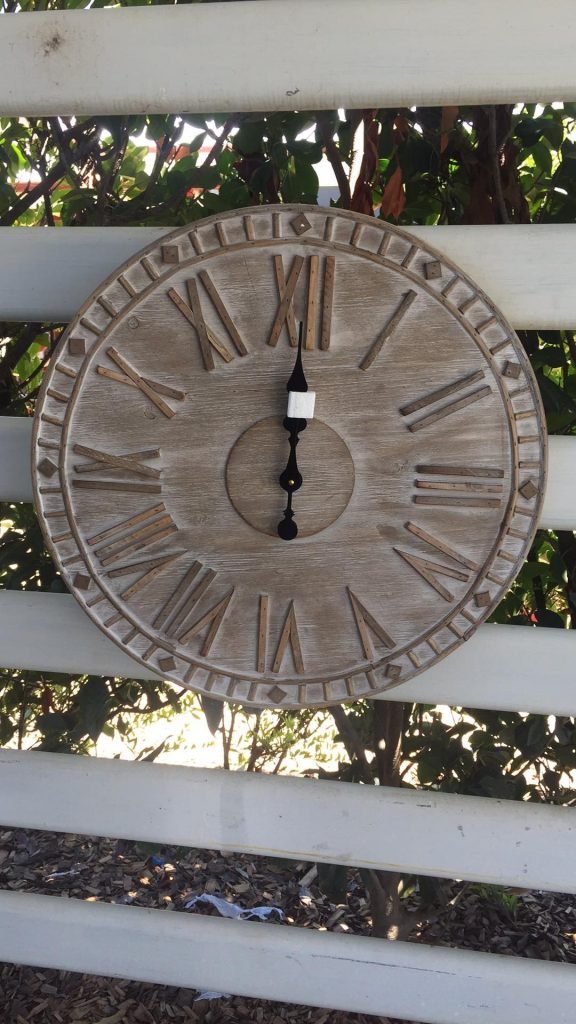Research suggests that in the last five decades the Earth is rotating faster than it ever has. This has made experts realize that 2021 could become the shortest year in decades, even shorter than 2020.

However, this does not mean that we will be celebrating 2022 shortly. In fact, the time difference will be so nominal that we will not be able to notice that. The earth will move faster only a few milliseconds. That is, it!
All this is happening because our planet is moving faster on its axis. This is making days shorter and no one exactly knows the reason behind it yet.
Scientists believe that a number of factors are responsible for this difference including motion of the Earth’s molten core, its atmosphere and the oceans.
Understanding Time
One day is the time required by the Earth to complete its rotation around the sun. In order to measure this time period, experts have come up with hours, minutes and seconds.
It is anticipated that a day will be 0.05 milliseconds shorter than a regular 24-hour day in 2021 because of the Earth’s fast speed.

Understanding Leap Years and Leap Seconds
The concept of leap years is known to many of us. in leap years, after every four years, a day is added to February to ensure we match the pace of the Earth.
Similar to the concept of leap years, leap seconds were introduced and since 1972, 27 leap seconds have been added to our clocks. However, since 2016, no leap seconds have been added because the earth is now moving a little bit slower.
It is said, that if the situation goes around like this, we will soon have to take away a leap second from our clocks to match the movement of the earth.
Thinking about how this will be done? Let us leave this to the experts!
Want something to add to this story, leave it in the comments